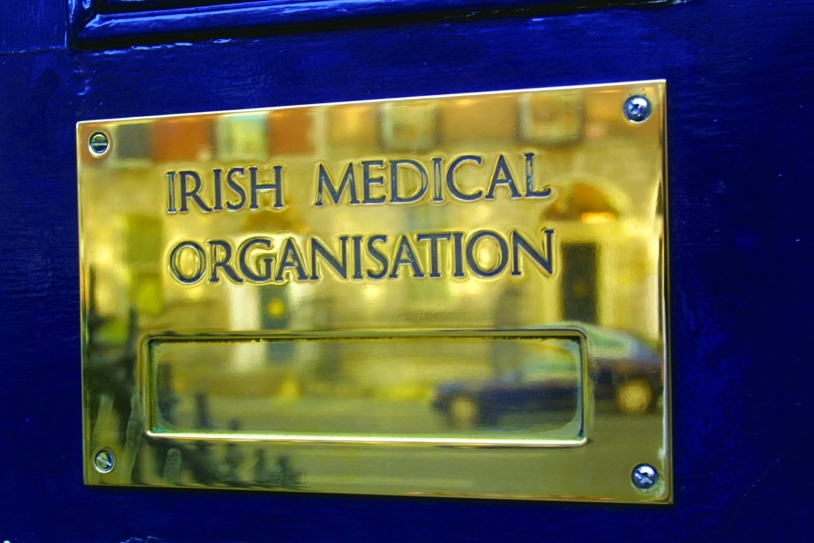The IMO has warned that the ongoing capacity crisis in the health system is directly leading to “sustained and critical risks” on a daily basis to both patients and healthcare staff.
Representatives from the IMO addressed the joint Oireachtas committee on health on the welfare and safety of workers and patients in the public health service today (Wednesday 8 February).
IMO President Dr Clive Kilgallen said that patient and staff welfare issues are endemic in a system that is continually operating beyond safe capacity limits.
“While each winter record levels of overcrowding make headline news, our hospitals are operating beyond safe capacity limits all year round, leading to sustained and critical risks,” he said.
“This is neither a winter crisis nor one caused by Covid or other respiratory illnesses – this is a crisis of capacity with insufficient investment in workforce planning, beds and all other physical infrastructure.”
The IMO outlined the risks faced by patients in a health system that is overcrowded on a daily basis, including:
- Delays in admission from the emergency department (ED) are associated with increased mortality (within 30 days) and poorer outcomes for patients; it is estimated that up to 400 people could die every year as a result of ED overcrowding;
- Studies have shown that ED overcrowding is associated with delays to receiving pain relief, medication errors and greater hospital lengths of stay;
- Hospital overcrowding contributes to the spread of healthcare associated infections and the risk of adverse events due to rationing of resources and elevated stress levels;
- Long waiting lists add delays in diagnosis and treatment inevitably mean that patients are treated at a more advanced and complex stage of illness while overcrowding can lead to the further cancellation of non-urgent care.
The IMO added that staff and patients are placed at additional unnecessary risk because of our capacity crisis. This has led to widespread burnout, with findings from a recent survey conducted by the IMO including:
- 94 per cent of doctors reported having experienced some form of depression, anxiety, exhaustion, stress, emotional stress or other mental health condition relating to or made worse by work;
- 81 per cent of doctors are at risk of burnout.
The IMO emphasised that short-term solutions to address this crisis are neither acceptable nor realistic. It recommends the following course of action:
- Urgent investment in bed capacity and steps taken to ensure that our hospitals operate at the recommended safe occupancy levels of 85 per cent;
- Determine and resource appropriate and safe staffing levels based on population needs;
- Urgently address the underlying issues of chronic staff shortages and workload pressures that impact the wellbeing of doctors;
- Create a better working environment - A recent paper from the OECD found that improving worker well-being has intrinsic value, but it also lowers the costs of occupational harm (estimated at up to two per cent of health spending) and contributes to minimising adverse outcomes for patients (estimated at up to 12 per cent of health spending worldwide);
- Ensure clear policies and procedures are in place so all healthcare professionals feel able to take breaks and to take time off when ill;
- Increase efficiency and patient safety through ongoing investment and development of e-health including investment in electronic health records in acute hospital and community settings and the roll-out of e-health initiatives;
- Ensure risk assessments consider both patient and staff welfare;
- Without any further delay, all healthcare workers should have access to appropriately resourced, fully consultant led occupational health services including mental health supports;
- Address stigma and encourage the use of support services.













Leave a Reply
You must be logged in to post a comment.